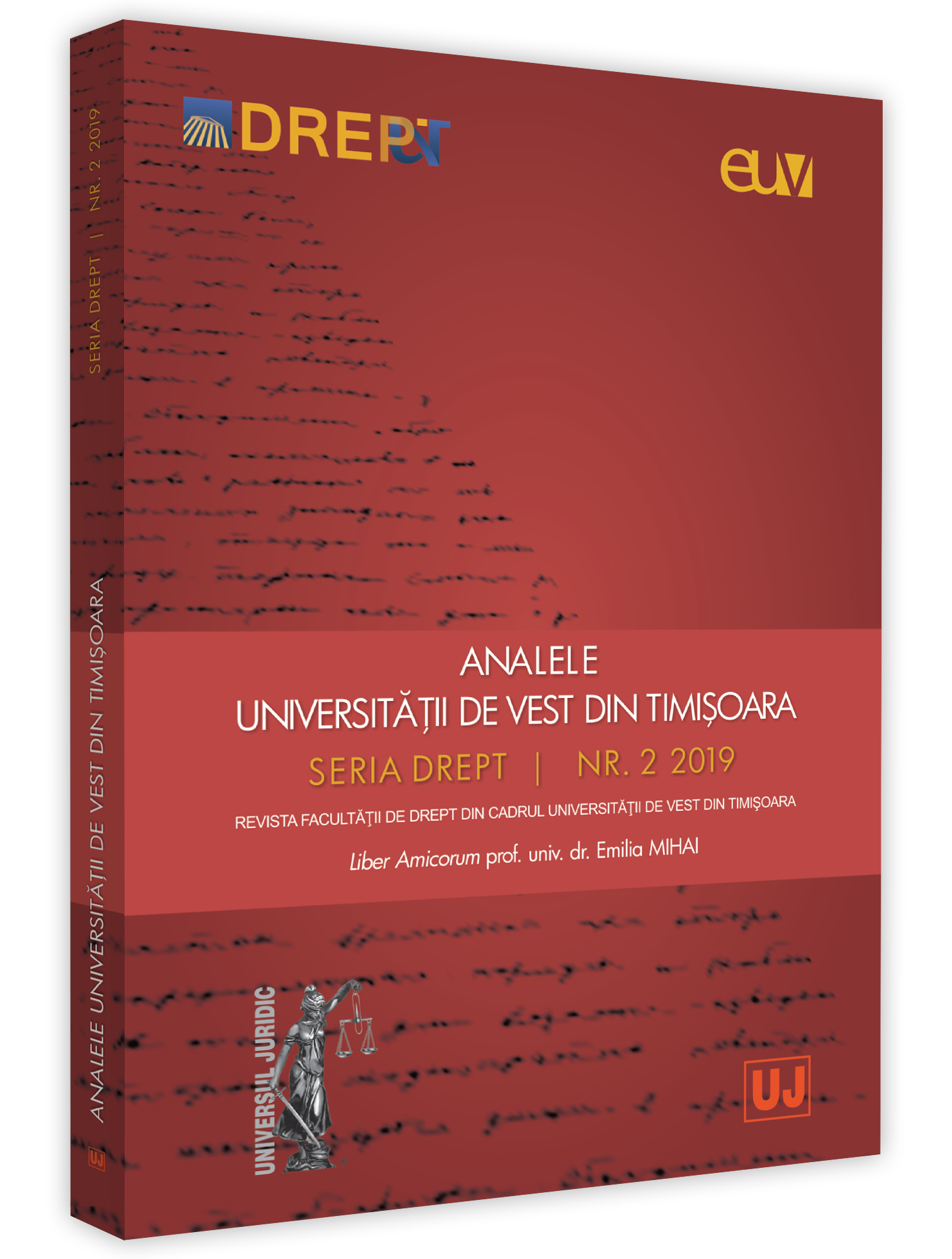Ştiinţa dreptului în Evul Mediu, Renaştere şi Iluminism
Jurisprudence in the Middle Ages, Renaissance
and Enlightenment
Author(s): Dana-Maria DiaconuSubject(s): Law, Constitution, Jurisprudence, History of Law
Published by: Universul Juridic
Keywords: academic law; science of law; legal research; Roman law;
Summary/Abstract: The „academic law” born in the Middle Ages, taught publicly in universities, has drawn this profile of an autonomous knowledge that cannot be reduced to other types of knowledge and, in particular, quite different from the knowledge of positive laws, much later studied in the academic world. The university is where this right and only this right is created and disseminated. Therefore most researchers think that the Middle Ages is a brilliant period for academic law. The development of the theoretical law after the emergence of codes (Civil Code in France, B.G.B. in Germany) shows another perspective on the autonomy of legal research. The science of law is proposed by the legal scholars of the sec. XIX as (a) a dogmatic legal theory accessible only to lawyers, (b) a de facto dogmatic legal theory created and disseminated through the university. The current concept of the science of law is still feeding on the fruits of this understanding.
Journal: Analele Universității de Vest din Timișoara - Seria Drept
- Issue Year: 2019
- Issue No: 2
- Page Range: 204-212
- Page Count: 8
- Language: Romanian

